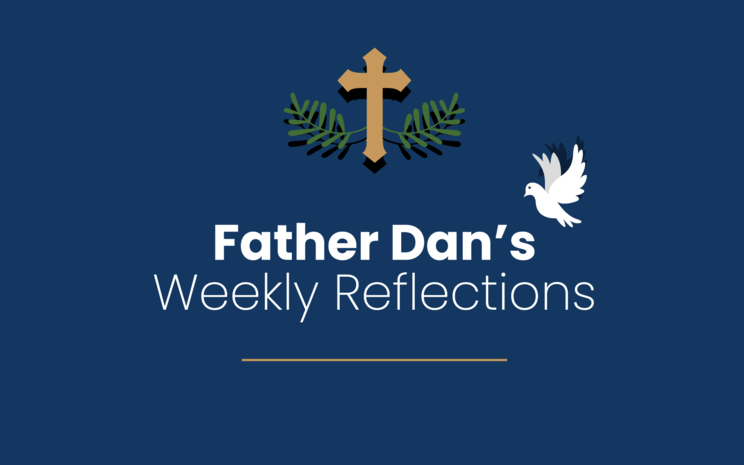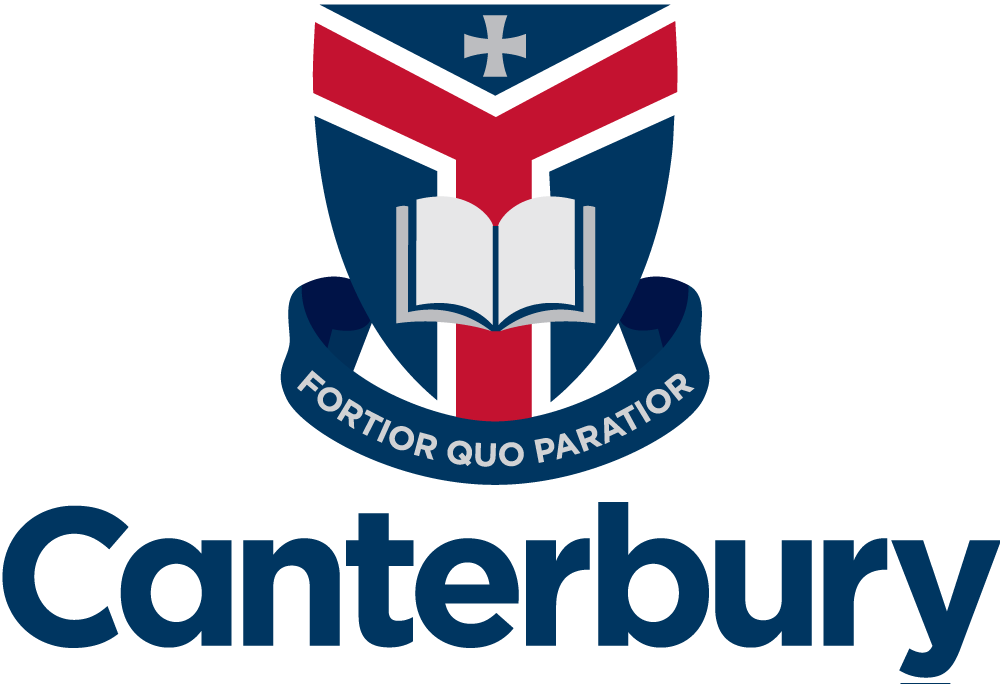Father Dan’s Reflection – Advent

Isaiah 2:1-5
The word that Isaiah son of Amoz saw concerning Judah and Jerusalem.
In days to come
the mountain of the Lord’s house
shall be established as the highest of the mountains,
and shall be raised above the hills;
all the nations shall stream to it.
Many peoples shall come and say,
‘Come, let us go up to the mountain of the Lord,
to the house of the God of Jacob;
that he may teach us his ways
and that we may walk in his paths.’
For out of Zion shall go forth instruction,
and the word of the Lord from Jerusalem.
He shall judge between the nations,
and shall arbitrate for many peoples;
they shall beat their swords into ploughshares,
and their spears into pruning-hooks;
nation shall not lift up sword against nation,
neither shall they learn war any more.
Reflection
Happy Advent! Today marks the beginning of Advent, the season when we prepare for the coming of Christ, a season when we hear again the Church’s emphasis on hope and future. Part of what we do during this season is to prepare to celebrate the coming of Christ as a baby in Bethlehem. But that is not where we start our Advent journey. We do not start at the beginning of the story. We are towards the end of the story, where Jesus is teaching about the end.
This is not a foreign concept to us. We are people used to setting goals. Athletes visualize themselves breaking the tape at the finish line or scoring the goal or blocking the shot. Investment counselors talk about what you would like to be doing in your retirement so you can plan accordingly. Keeping our options open is fine, but nothing really beats having a compelling goal and setting off toward it.
The picture offered in today’s first reading is a great destination. Someday, someday, says the prophet, this is the future that awaits us, God’s future for us: peoples from all over the world gathered together, all worshipping the one God; no more war between nations; swords beaten into plowshares and spears into pruning hooks. A beautiful vision of the future. A bright future to hope for.
Advent is the season of hope, a season to remind us that we worship the God of things that are not yet, the God of things that will be. Advent is the season to hold up before us visions of things that sound impossibly remote to us – Advent images, like today’s, of weapons of war turned into tools for producing food, light that the darkness will never quench, a child born of a virgin, whose name shall be called Wonderful, counselor, the Everlasting Father, the Prince of Peace.
The church dangles these images before us in these Advent days, not in stubborn protest against the more prevalent images of red-nosed reindeers, and elves, and mistletoe, but because the church knows that Christian hope must keep the future before us, and not the nostalgia for the past. And Christian hope must be big and bold. Sometimes our hope fails because of lack of imagination, lack of courage, or because we fritter away our hope on small, private things, such as a peaceful moment by ourselves, which is nice, and maybe sorely needed, but not as compelling as peace in the world.
But let’s be honest. It’s hard to hope big. Sometimes our hope seems doomed or just foolish. Can we really hope for swords beaten into plowshares, or spears into pruning hooks, or Christ descending on clouds to call a halt to all the pain or boredom or stress or evil or tension of everyday life on earth, so that God’s reign of peace can begin? Are we a little afraid that all those Advent images of an end to war are just wishful thinking?
It’s easy to think so when we look to the past – either the past as it actually happened or the past as we imagine it once to have been. Isn’t that part of what causes the disappointment and discouragement for so many during the secular Christmas season, now in full swing? Nothing we do can live up to the way we believe things once were. Or nothing we’ve experienced has lived up to the way it should have been.
Thankfully, advice is available to help with the Christmas session.
Starting in September, magazines started appearing in the grocery store and bookstores giving helpful advice for Christmas. You know: Christmas cookie recipes and home decorating ideas and ideas for reducing stress. Sometimes they provide sound advice, such as to be more realistic in expectations of ourselves and others. You need not do everything perfectly, or choose perfect gifts, or please everybody, or lose weight, etc. In a nutshell, holiday articles advise us to do three things: set more attainable goals; learn from the past; and be more realistic about what’s possible. The result of all this is a shorter to-do list, a smaller set of expectations, with more limited hopes.
Oddly enough, the church, in our observance of Advent, advises exactly the same things, but with dramatically different results. The church’s Advent advice is the same: set attainable goals, learn from the past, and be realistic about what’s possible. But the anticipated results aren’t smaller expectations, it’s greater ones; not limited hopes, but bigger ones. We become people who dream of swords beaten into plowshares. We hope for world peace, not as wishful thinking, but as something we’re expecting God will accomplish, and we want to help.
Setting attainable goals. Our goals, in the words of St Paul: Lay aside the works of darkness and put on the armor of light; live honorably. Let Christ transform us into people who love one another.
We learn from the past. The Bible is a record of divine promises made and kept. God, who was faithful in the past, will be faithful in the future. We are free to give up any obsession we have with the past, past wounds, past anxieties, past hurts, fears, and doubts, and live freely in the present, hoping for the future because God has kept, and will continue to keep God’s promises.
We are realistic about what is possible. Trusting in God, means anything is possible, even big things, like joy and peace and salvation and wholeness.
That’s why Advent, and our Christian faith, is future-oriented. Yes, Jesus Christ was born in Bethlehem. Yes, he actually died and was buried and rose again and appeared openly to his disciples. Yes, all these things, historically, in the past, happened. But they all happened so that we can live into the future which awaits us, a future for which God is preparing us.
We cannot underestimate the importance of our future goals. They not only give us hope, but how we envision the future breaks into how we live our present.
Hoping for the future is Advent hope – realistic, possible, practical hope, because God is the God who holds the future; God is the one preparing us for the future; God is the one calling us into that future and using prophets and wise people from every generation and even God’s own Son, to dangle some Advent images before us to wet our appetite: they shall beat their swords into plowshares and their spears into pruning hooks, and, behold, a virgin shall conceive and bear a son. Welcome to Advent, I pray that as we prepare to remember the first advent, and as we prepare for the second, may our Hope be renewed, this season.
Prayer For The Week
Faithful God,
whose promises stand unshaken through all generations:
renew us in hope,
that we may be awake and alert
watching for the glorious return of Jesus Christ,
our Judge and Saviour,
who lives and reigns with you in the unity of the Holy Spirit,
one God, for ever and ever. Amen.

